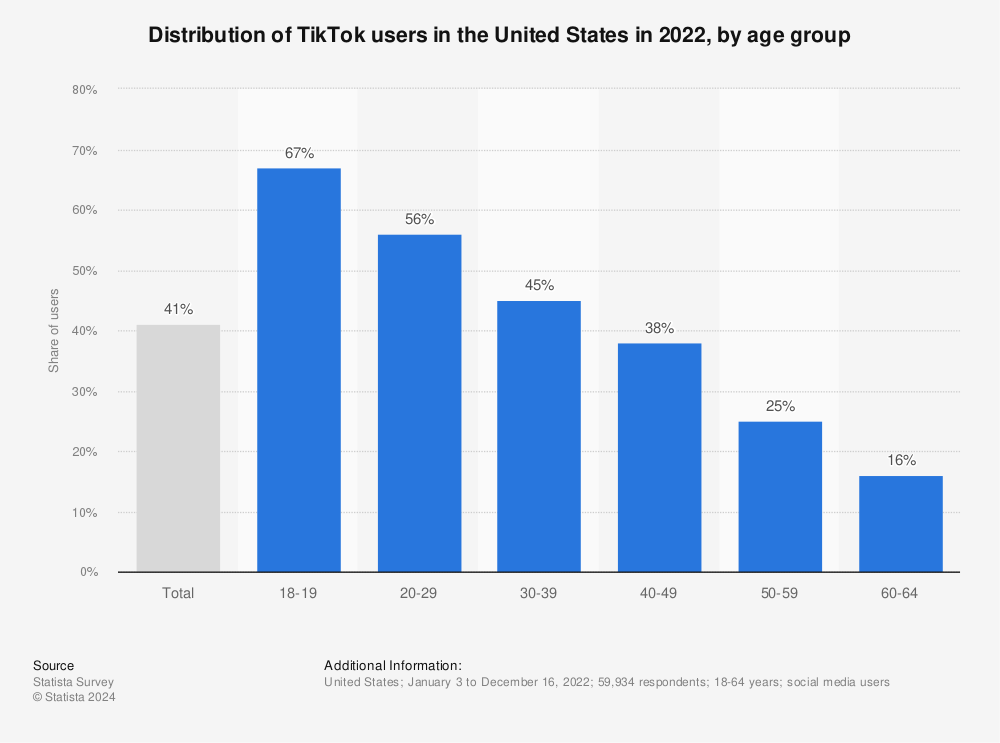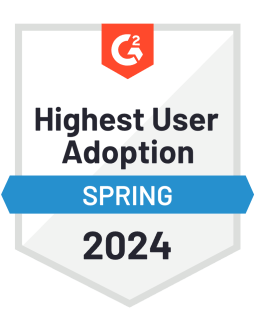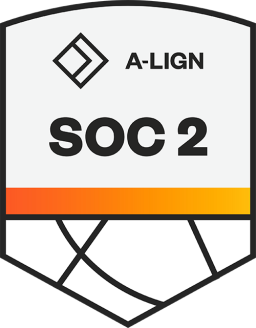When Facebook began in 2004, as a small university project, no one could have predicted that the platform would pave the way for a whole new industry with plenty of growth potential for other companies like Twitter and Youtube. With the boom and growth of social media platforms has been a rise of opportunities for social media professionals.
In the early 2000s, social media managers had a very simple job description: increase the brand’s follower count on Twitter and Facebook, create daily product-focused posts using basic design templates, and respond to all comments. Social media reports looked at follower count, engagement rates, and select follower comments. The primary goals for social media management were limited to brand awareness and engagement. The position of Social Media Manager was typically seen as a minor contributor within the overall marketing department.
Fast forward to today: social media teams are now their own department, especially for large brands, with Heads of Social, and CMOs who got their start as social media interns when Facebook first launched Ads Manager tools. Social media roles have expanded and now include titles like Content Strategist, Community Manager, Social Paid Ads Specialist, Social Media Designer, Influencer Specialist, Social Media Data Analyst, and many more.
Over the last decade, we have seen the Social Media Manager role grow exponentially to take on more responsibility on a larger scale. We want to celebrate the significance of this evolution – and recognize that this role has a much greater impact in terms of marketing strategies – and on businesses’ bottom line.
Table of contents
The birth of the Social Media Manager
The internet bubble (1995 - 2002) paved the way for social media, allowing the internet to become a viable marketing tool. It was also the time when digital marketing was beginning to take off, and brands were looking for opportunities to sell their products and services online. Traditional media has always been costly, but the digital landscape was full of opportunities to advertise and convert sales at a lower cost.
When Facebook, Twitter, YouTube, and LinkedIn first launched, they were primarily used by individuals looking to connect with other individuals. It was an opportunity to expand our social or professional networks and experience the new and exciting world of social media.
That is why in 2006, You (as in you, me, and everyone using the internet!) were chosen as Time Magazine's Person of the Year. The magazine set out to recognize the millions of people who contributed user-generated content to websites like YouTube, MySpace, Facebook, Wikipedia, and a multitude of other websites.
Facebook introduced its first ad format called Flyers in 2004 aimed at companies who wanted to reach their local audiences with advertisements. In 2006, Facebook announced their first ad deal, a display partnership with JP Morgan Chase to promote credit cards on their platform. Soon after, the company officially launched Facebook Ads “to represent a completely new way of advertising online.”
YouTube soon followed with its first ad sets in 2007 while Twitter took much longer to adopt the ad revenue-generating model – they finally launched promoted tweets in 2010.
Then, the introduction of Facebook Fan Pages meant that brands could now start to connect with their audiences via social networks. The combination of these new brand channels and the rise of social ads, meant that marketers now had to dedicate more time, budget, and teams to social media.
The role of the social media manager was born.
If we follow the money and the growing need for social media analytics, we can see how a demand was created for social media specialists. Traditional marketers at that time were struggling to find ways to take full advantage of social media marketing and use these new platforms to connect with potential customers and loyal brand followers. The new ad formats, and possibilities of ad targeting created a demand for experts in the marketing department with a deep understanding of the social media landscape.
With the increasing need to manage Facebook Fan Pages and targeted advertising, marketing departments and advertising agencies began hiring social media professionals who could focus on growing fan count (which was a key social media KPI at the time), answering comments, and managing social ads.
In January of 2022, a LinkedIn search for “social media” yielded more than 2.2 million results, showing the high demand for social media professionals at companies of all sizes.

The evolution of the Social Media Manager role
As companies began to adopt social media as part of their marketing strategy, the growth and expansion of social networks began to skyrocket. From 2010 onward, new roles emerged that required focused areas of expertise within the social media marketing realm.
Social Media Managers expanded their teams and created roles such as:
Social Media Community Manager
Community Managers are considered to be brand ambassadors, and are responsible for growing, engaging with, and nurturing social media communities across different platforms around their products and services. This role requires a great understanding of a brand’s audience, the language they use, how they behave, and how they expect the brand to communicate with them.
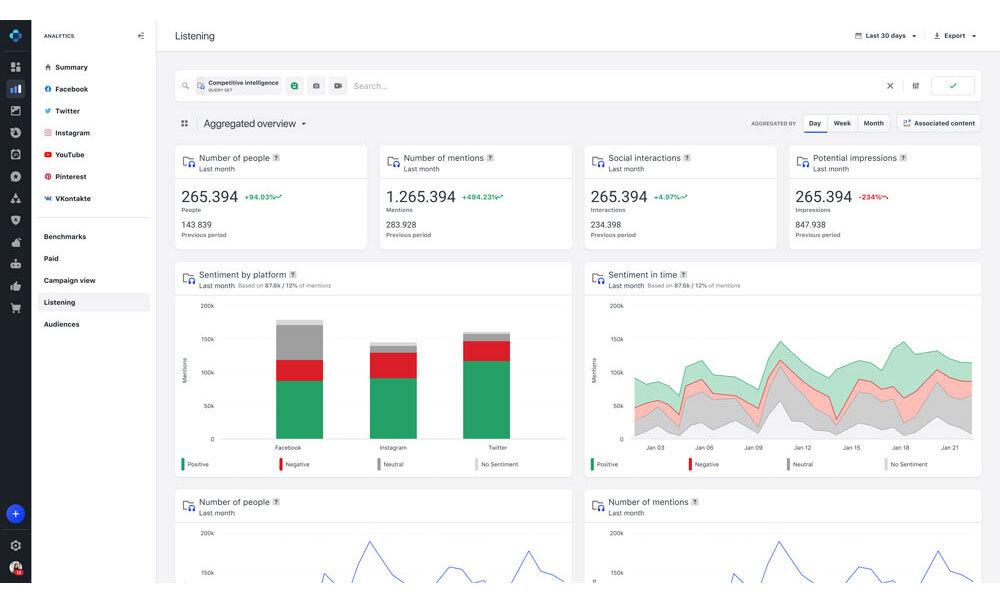
Social Media Analyst
Focusing on data measurement and insights, social analysts are responsible for analyzing user engagement on social platforms, reporting on social media attributions to sales conversions, website traffic, and SEO supporting strategies like keywords optimization.
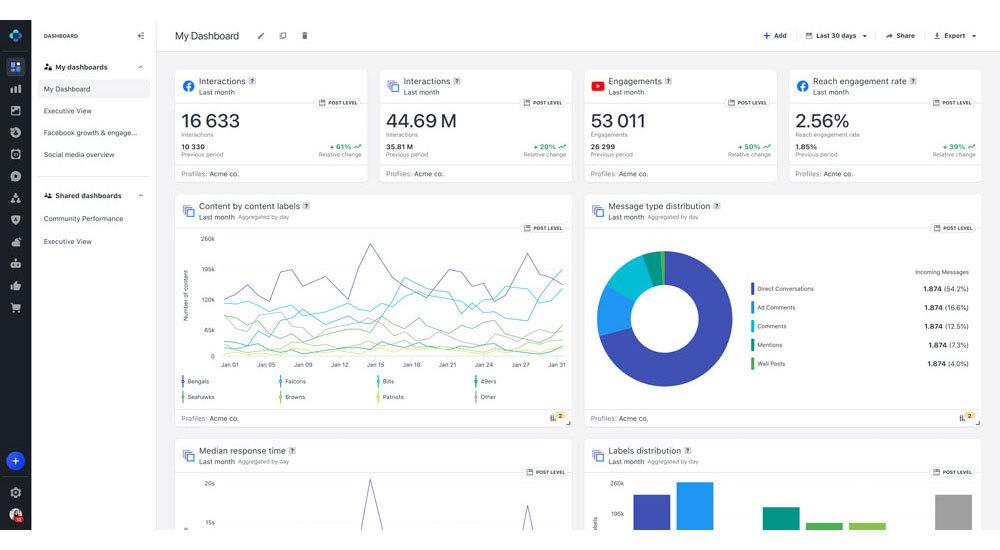
Social Media Ads Manager/Specialist
As marketing budgets began to increase and shift towards social media, Ads Specialist roles began to appear in the job market. This role often requires deep knowledge of ad targeting strategies, audience insights, budget management, campaign management, and ROI reporting.
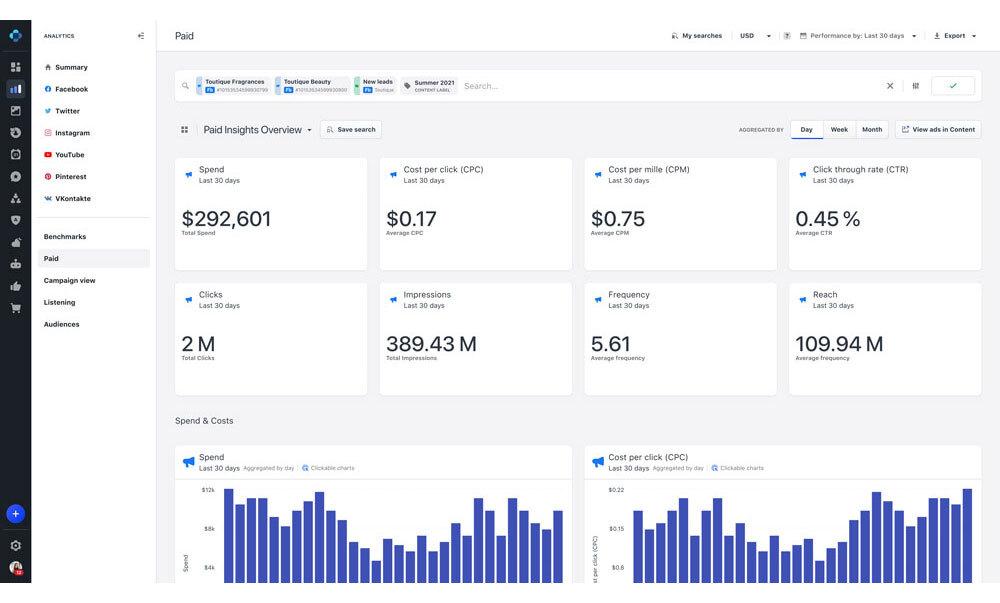
Influencer Marketing Manager
These professionals are responsible for managing the relationships between brands and content creators, from identifying and selecting the right influencers for specific campaigns to managing communications, campaigns, budgets, tracking ROI, and ensuring that the partnerships are effective.
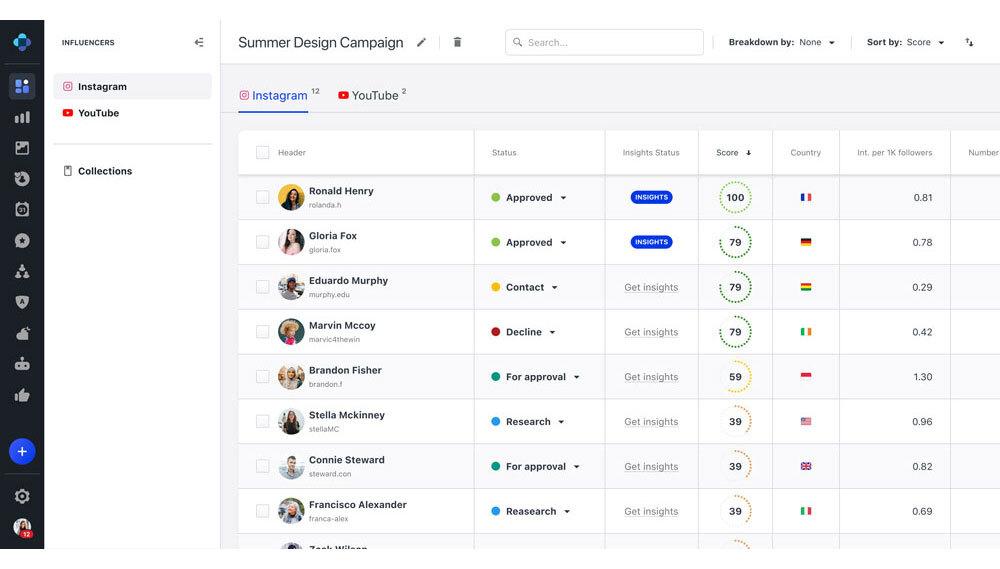
Social Customer Care Manager
These professionals address issues and queries that are communicated on social media or via direct message, including questions on return policies, malfunctioning products, nearest stores, and many other frequently asked questions.
As brands engaged more and more with their online communities, social media users began to leverage social platforms to inquire about the products and services they offer, there has been a growing need for specialists focused primarily on this channel.
Most customers today no longer want to call customer service centers. They prefer to contact companies via social media, as it allows them to connect with brands on a channel they already used for hours every day. Plus, 43 percent of consumers say it's very important for them that they receive excellent customer service on social media when making a purchase.
Today, any brand with a social media presence really needs to have dedicated professionals to provide timely, empathetic customer care on social media.
Social Media Managers' job outlook in 2022 and beyond
2022 is going to be an exciting year for social media professionals. With the growth of TikTok, virtual worlds like Meta and the unique ways Gen Z uses social, we will see some new job titles and areas of expertise develop in the coming years. Here are a few social media roles we expect to see more of.
Virtual Brand Personas/Influencers
As brands begin to adopt 3D and virtual reality technology in their communications and seek innovative ways to stand out from their competitors, many brands are adding virtual influencers to their marketing strategy.
According to Christopher Travers from Virtual Humans, "These ultramodern, digital creations consistently garner greater engagement and drive more actions than your average human ambassador. From total message control to guaranteed brand safety, the list of benefits goes on."
Magazine Luiza, one of the largest B2C retailers in Brazil, developed Lu do Magalu in 2003, and today the virtual influencer has over 24 million followers on social media. This social media strategy has helped to increase brand awareness, ensuring global media coverage and interest in their social media strategy.
"My history with Magalu goes a long way back... it started in 2003. My goal was to make online shopping a more humane experience inside magazineluiza.com. Since the beginning, I've been creating content to help our clients understand the products better,” says virtual influencer Lu du Magalu.
"I think I was born to do this… I mean, literally. But, my role started to grow up, and, from the moment these external channels (like social media) start to pop up, I quit being just the face for Magalu and became the brand’s spokesperson, as well as the virtual influencer you know today."
Social Commerce Specialists
Social Media has become a crucial part of the marketing mix, and the next natural step is to help drive sales. Social media marketing has increasingly contributed to brand awareness, and can often be attributed to sales conversions on websites, but social commerce can cut out the digital shopping cart, allowing consumers to buy directly via social platforms. This creates a need for social media professionals who specialize in commerce and will develop expertise selling via social media and increasing sales beyond their ecommerce websites.
TikTok Specialists
TikTok was ranked as the third-largest social network in 2022, after seeing 59.8 percent growth in 2020, followed by 40.8 percent growth in 2021.
Source: Statista
Although some brands still see TikTok as a Gen Z-focused platform, and a risky move when it comes to their marketing mix, brands who adopted the platform over the last couple of years are seeing great results.
Ryanair, with 1.5 million followers on TikTok, has adopted a comedic communication strategy on the platform. The brand often makes fun of itself for being a low-cost air carrier. Their approach to TikTok has helped them become TikTok famous, with followers from all over the world, and requests for the airline to expand its services to the US.
Check out Ryanair’s most viewed TikTok video, where they ask every brand on the social network to comment and use original audio from a TikTok creator. The results are a marketer’s social media dream – achieving high brand visibility, engagement, and authenticity in a simple 60-second video.
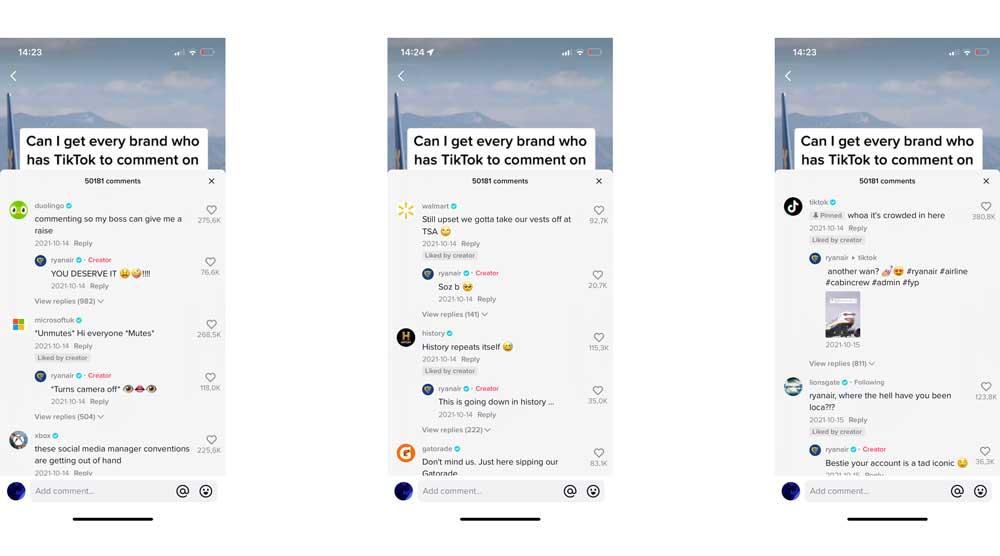
As TikTok continues to grow, the demand for Social Media Specialists who understand the complexity of trends on the platform, viral strategies, how to partner with content creators, and leveraging the platform for business growth, will increase. This is great news for Gen Z professionals seeking a career in social media.
Empowering social media managers with the right solutions
It's clear from this exploration that the role of Social Media Managers has greatly expanded in scope over the last 15 years, holding more responsibility than ever before and working with entire teams of specialized social media experts rather than toiling alone in a department of traditional marketers.
To be successful, today’s Social Media Manager must coordinate a range of efforts – from social listening and community management to creating the most engaging content for target audiences to maximizing paid social ROI. This can be easier said than done.
At Emplifi, one of our goals is to help Social Media Managers be more effective and efficient in their job. Book a demo today with an Emplifi expert to learn how Emplifi Social Marketing Cloud can help you become the social media superstar you’re meant to be.














